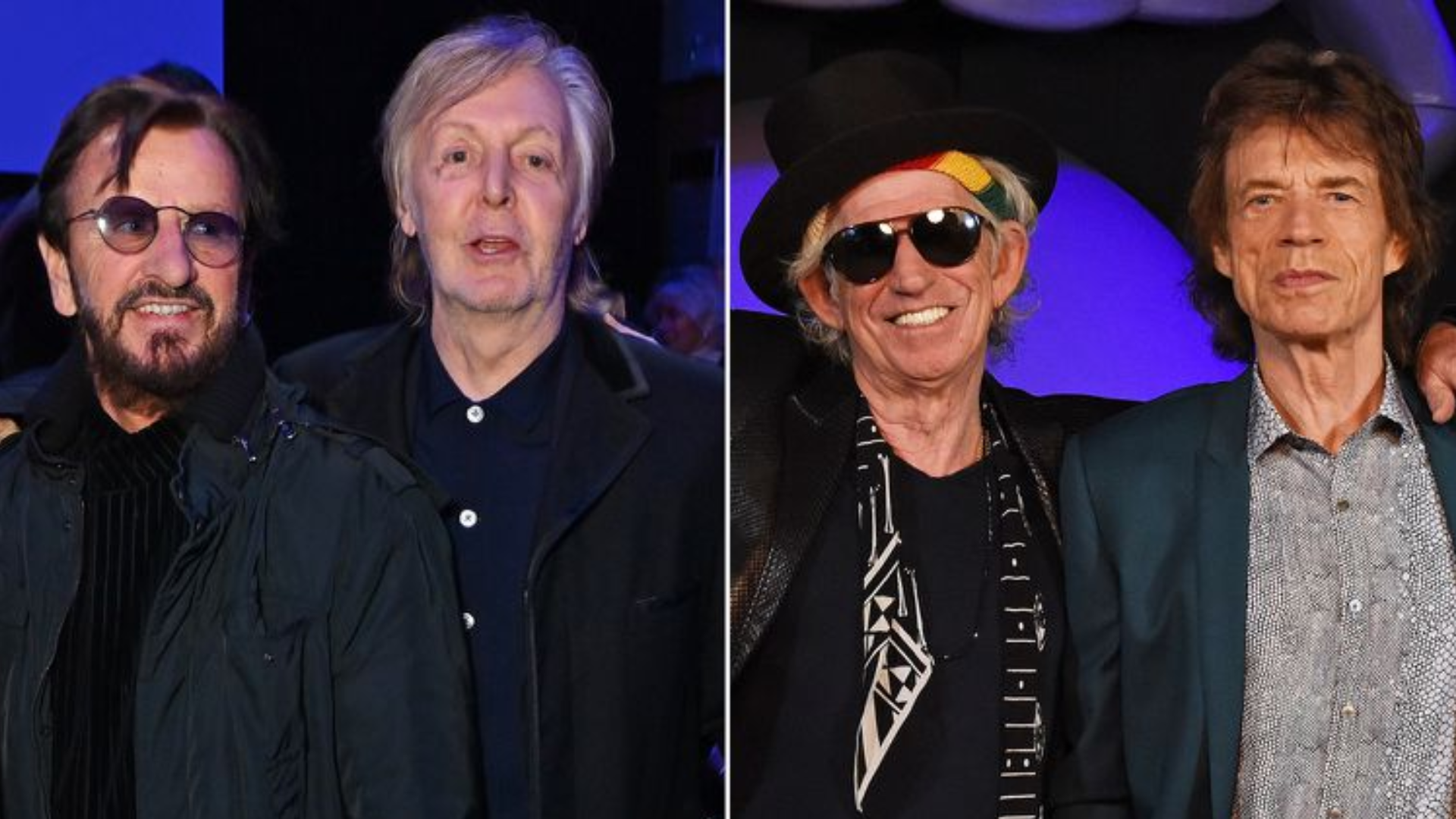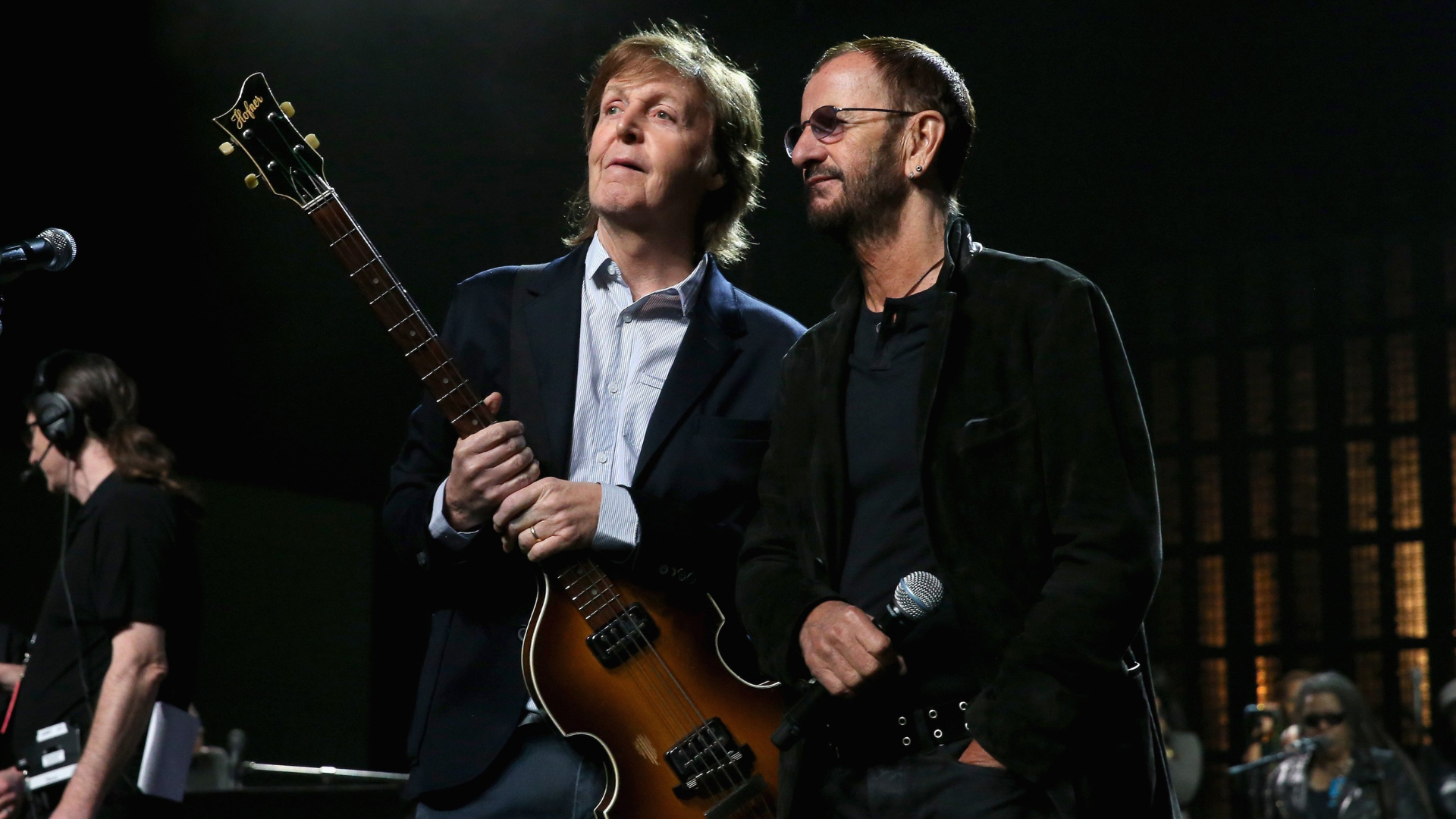
Some songs feel less like performances and more like acts of comfort, and “Hey Jude” is one of them. Written by Paul McCartney in 1968 for Julian Lennon as his parents were separating, it began as a quiet offering to a child in pain. Yet in McCartney’s hands — and through the voices of The Beatles — it grew into one of the most universal anthems of hope ever written.

The opening is gentle, almost like a lullaby. Paul sings directly, intimately: “Hey Jude, don’t make it bad, take a sad song and make it better.” It feels like a hand on the shoulder, a voice of reassurance. There is no grand poetry here, only simple wisdom: don’t be afraid, let love in, and the pain will soften.
As the song unfolds, it expands into something much larger. The piano anchors the rhythm, John Lennon’s harmonies weave quietly behind Paul’s lead, George Harrison adds subtle guitar lines, and Ringo Starr enters with perfectly timed drumming. What begins as personal advice becomes a collective act of encouragement, as though the whole band is urging Jude — and by extension, all of us — to carry on.
Then comes the coda, one of the most famous in music history. Nearly four minutes of wordless “na-na-na” refrains transform the song from private comfort into communal release. It is here that “Hey Jude” becomes something greater than itself: not just McCartney singing to Julian, but millions of voices across generations singing together, turning sorrow into joy, isolation into belonging.
What makes “Hey Jude” timeless is its sincerity. It doesn’t pretend to erase sadness — it simply offers a way through it. Its strength lies in its simplicity, in the way it acknowledges pain but insists on hope. That is why it has been sung at stadiums, family gatherings, and vigils alike: because it carries with it the universal promise that music can heal.
Decades later, the song still feels alive, still feels like a friend who sits beside you in your hardest moments and says: don’t be afraid, take a sad song, and make it better.
In the end, “Hey Jude” is more than just one of the Beatles’ greatest songs. It is a hymn of resilience, a communal anthem of hope, and one of Paul McCartney’s most enduring gifts to the world.